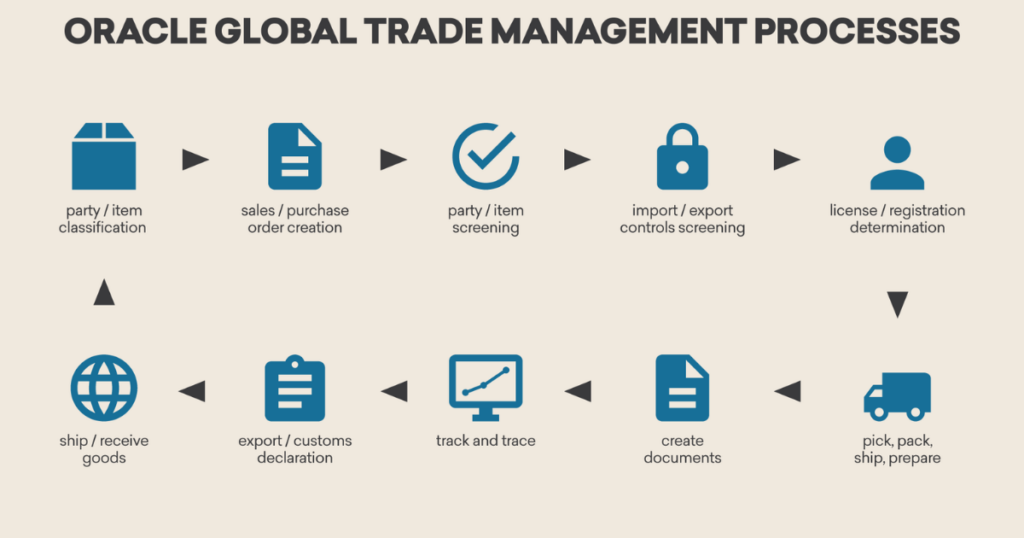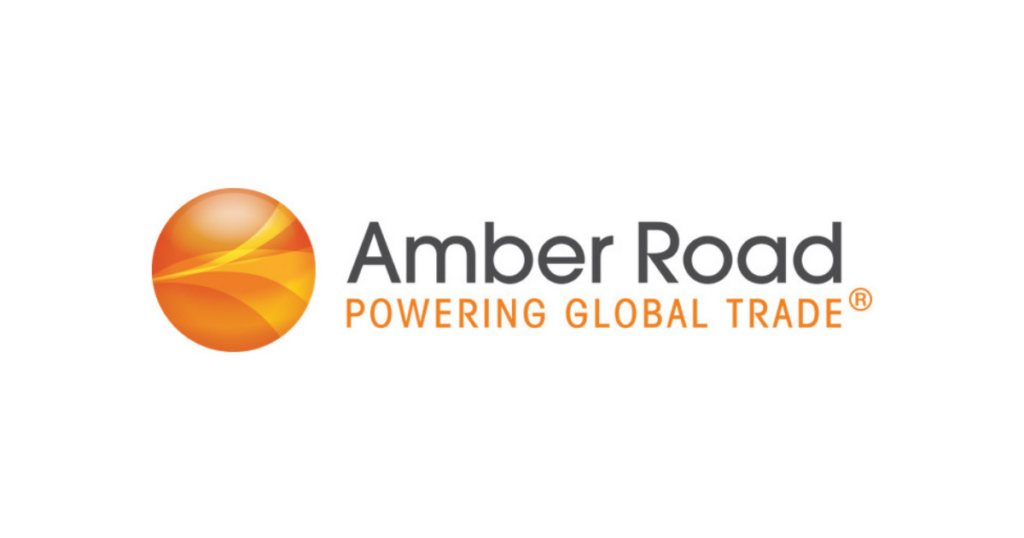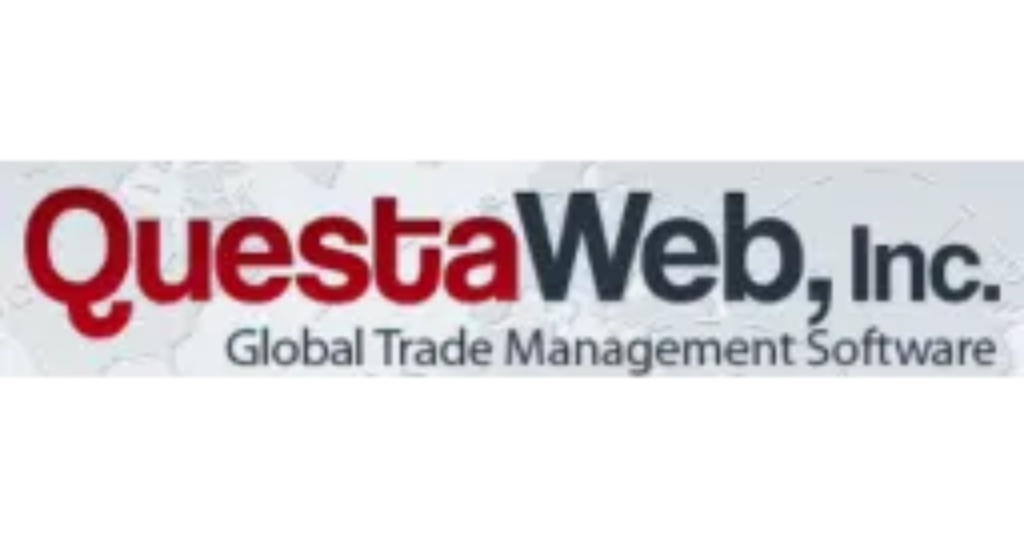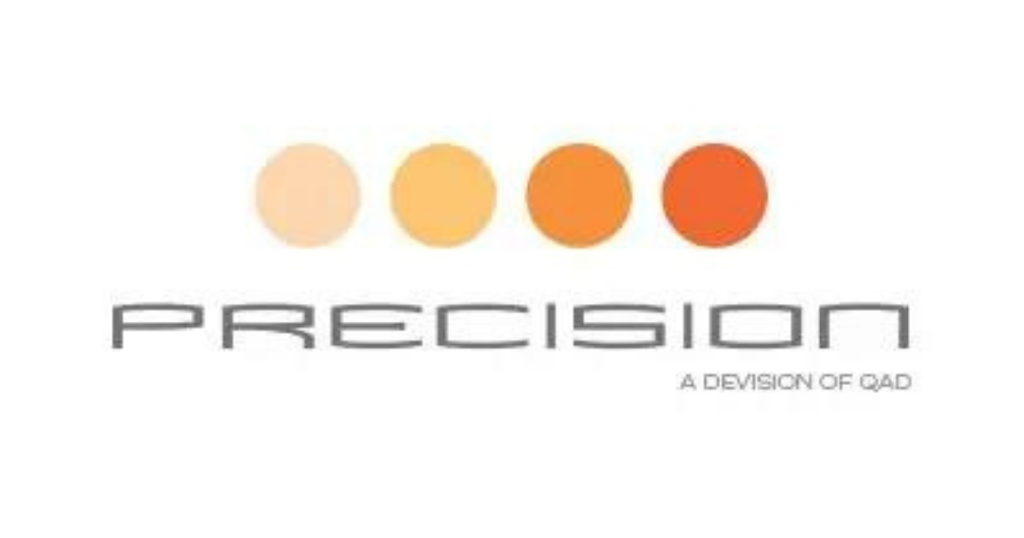This article will examine SAP GTS’s attributes, advantages, and disadvantages in relation to several of the top SAP GTS competitors. Businesses need strong solutions in the field of global trade management in order to manage intricate laws, improve productivity, and reduce risk. One of the best solutions available for trade administration is SAP GTS. To ascertain which solution is the best, it’s crucial to contrast with its rivals.
SAP GTS Competitors
There are a number of businesses that compete in the global trade management space with their goods and services. Remember that since then, the competitive environment might have changed. With its smooth integrations with other SAP modules, this offers a strong environment for effective trade operations.
It is a comprehensive trade approach that offers complete global trade management capabilities. It provides functions including supply chain visibility, risk management, trade compliance, and duty computation. Its robust customer support, vast functionality, and integration capabilities are its main advantages. It might, however, necessitate a large amount of modification and implementation work.
Integration and Customization Factors
It’s important to take the customization and integration options into account when contrasting SAP GTS with its rivals. With its smooth integration with other SAP modules, SAP GTS offers a complete trade management environment. It provides a wide range of customization choices so that the solution can be tailored to meet certain corporate demands.
SAP GTS may have an advantage over its rivals because of this degree of integration and customization, which enables a more customized and comprehensive approach to global trade management.
The following rivals stood out to me as of my most recent update:
1. Oracle Global Trade Management (GTM)
The Flexible Opponent another well-known product in the field of global trade management is Oracle GTM. Risk management, supply chain visibility, and trade compliance are just a few of the many functions it provides. Strong analytics capabilities offered by Oracle GTM enable companies to learn more about their operations. Its adaptability, scalability, and user-friendly interface are its strongest points.

In contrast to SAP GTS, some users could find the implementation procedure complicated and the support services lacking.
2. Amber Road
The tailored approach Amber Road is committed to offering specialist solutions for worldwide commerce management. Features including product classification, import/export administration, and trade compliance are available. Amber Road stands out for its comprehensive trade compliance features and capacity to cater to particular industry requirements. Its main advantages are its strong compliance capabilities, user-friendliness, and straightforward UI.

Amber Road aimed to provide visibility into worldwide supply chains, assisting organizations in tracking and managing the movement of goods across borders. As such, capabilities for optimizing global sourcing strategies and logistics operations were frequently incorporated into Amber Road’s solutions. On the other hand, it could not have as many capabilities and integration choices as SAP GTS and Oracle GTM.
3. Descartes CustomsInfo
The expert in compliance Descartes CustomsInfo offers precise and current customs data and specializes in trade compliance solutions. It provides functions like import/export documentation, customs duty computation, and tariff categorization. Thanks to Descartes CustomsInfo’s extensive customs content database, organizations can remain compliant with ever-changing requirements. Its emphasis on compliance, dependable data, and easy integration choices are its main advantages.

Descartes runs a global logistics network that makes it easier for trading partners to communicate and work together. The primary goal of CustomsInfo is to provide thorough and current trade data content. This content includes information on tariffs, duties, taxes, and other regulatory data relevant to international trade. In contrast to SAP GTS, Oracle GTM, and Amber Road, it might be less capable in other areas of global trade management.
4. QuestaWeb
The Complete Answer QuestaWeb is a comprehensive worldwide trade management solution that addresses several trade-related issues. Features including import/export management, trade compliance, and logistical visibility are available. With its extensive capabilities and end-to-end visibility into trade operations, QuestaWeb stands out.

Its comprehensive integration capabilities, a broad range of reporting and analytics choices, and capacity to manage intricate trade requirements are its key differentiators. It might, however, have a higher learning curve and call for specialized resources for setup and continuing assistance.
5. QAD Precision
QAD Precision assists companies with managing their worldwide shipping and compliance by providing solutions for global commerce and transportation execution. QAD Precision is an expert in offering solutions for transportation execution and compliance with international trade regulations. Their software is made to assist companies in automating and streamlining trade-related procedures, guaranteeing adherence to trade laws, and maximizing supply chain effectiveness.

Except for one minor function that SAP ERP supports, which gives it a score of 957 compared to 956 for QAD Adaptive ERP, both products support almost all features.
Conclusion
For companies looking to increase productivity, maintain compliance, and reduce risk in their international trade operations, selecting the best global trade management solution is crucial. While SAP GTS, Oracle GTM, Amber Road, Descartes CustomsInfo, and QuestaWeb are all respectable options, SAP GTS stands out for its robust functionality, strong customer support, and extensive integration capabilities. In the end, the decision comes down to the particular needs and priorities of each company, so it’s best to weigh the advantages and disadvantages of each solution against your own particular set of requirements.

